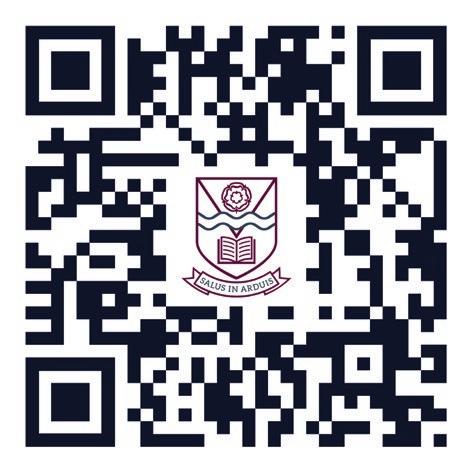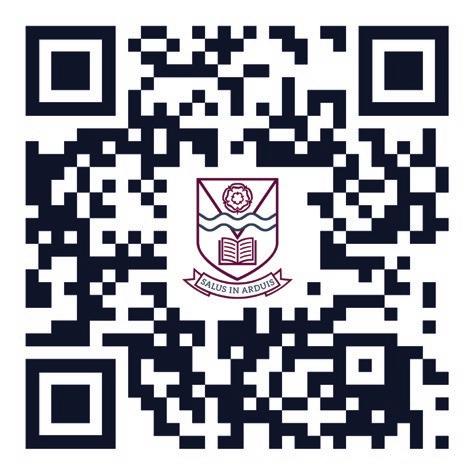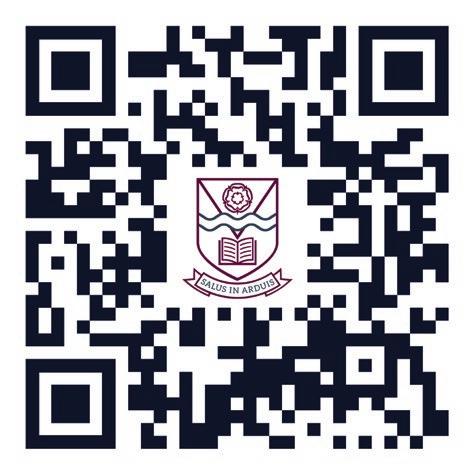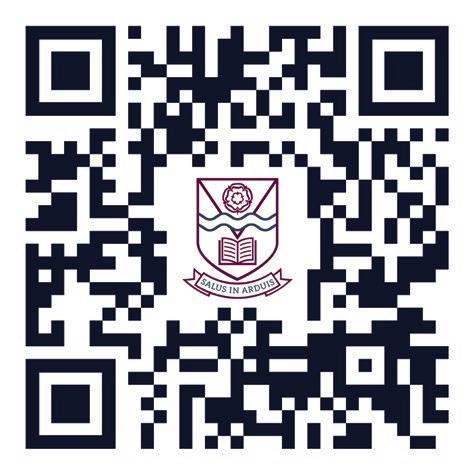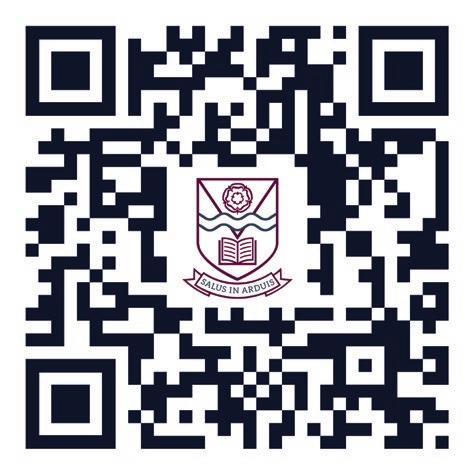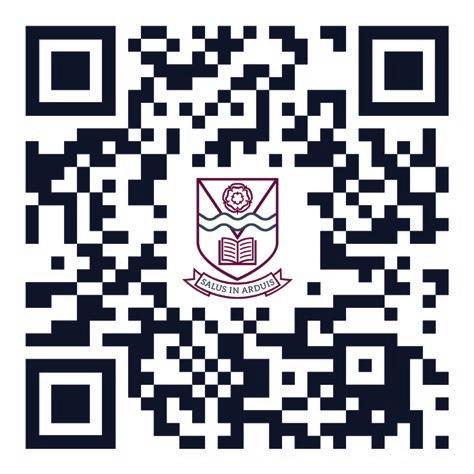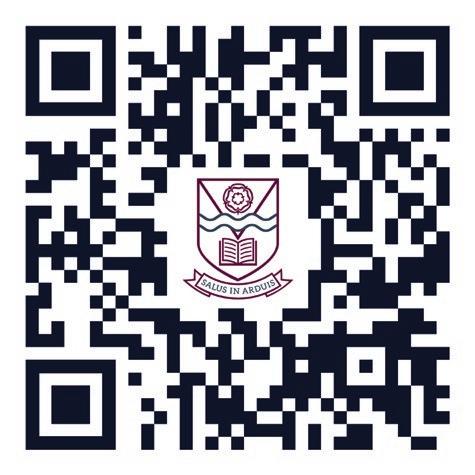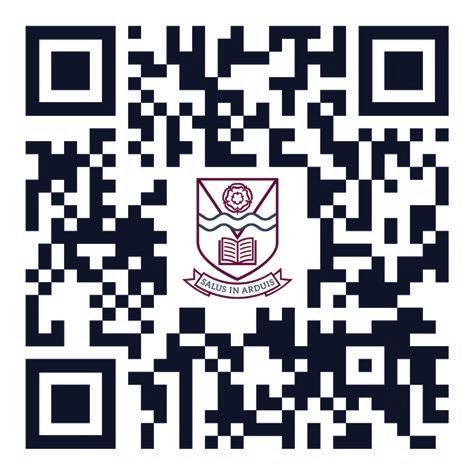
4 minute read
English Literature
Which Exam Board and Specification?
OCR H472
This is a course which offers you access to a wide range of cultural and reading experiences, including poetry, prose and drama. Although texts span four centuries the course is very much in the modern era. Visits to the theatre and academic speakers, are a very important part of the student experience. Students have a fair amount of control over text and task choices, though always guided by teaching staff.
And from the pupils?
There is an expectation that students have a readiness to talk about the texts we are reading and to participate in a seminar style of learning. Students need an interest in the cultural and historical contexts within which all literature is rooted. To access the course students require a good GCSE pass in English Language and Literature.
Assessment
The course is assessed through 80% examination and 20% coursework.
Coursework – Modern Literature post-1900 (one text post-2000)
A comparative essay between two modern texts from different genres, for example ‘The History Boys’ (Alan Bennett) and ‘Oranges Are Not the Only Fruit’ (Jeanette Winterson) and a critical or recreative piece on a text from the third genre, foe example Thomas Hardy’s ‘Poems 1913’.
Exam Board: OCR Assessment: 80% Written Examination 20% Coursework Andrew Gamble, Head of English
Examination One – Drama and Poetry Pre-1900
Two tasks on a Shakespeare text, currently ‘Hamlet’. A comparison task (choice of tasks) between a poetry and second drama text (currently the Poems of Christina Rossetti and Ibsen’s ‘A Doll’s House’.
Examination Two – Comparative and Contextual Study
The study of texts in a chosen topic area, either American Literature or Gothic Literature and close analysis of a given extract as well as an essay task which requires reference to more than one text.
Where will it take me?
An A Level in either English Literature or English Language can lead to a wide variety of courses and careers. Obviously, it is a strong step towards Law or Journalism, Publishing or the Creative Industries, but could just as easily take you into Research and Consultancy, Public Services or any area of Management.
EXTENDED PROJECT QUALIFICATION
Do you have a passion for a particular subject? Would you like to learn about a particular area of academic interest which does not currently appear on an A Level syllabus? Do you want to study a subject in Sixth Form which will give you an impressive talking point when it comes to university interviews? Then the Extended Project Qualification is for you. The Extended Project Qualification gives students the opportunity to develop critical, reflective, problem-solving and independent learning skills through the planning, research and evaluation of a self-selected project. Throughout their in-depth study, learners will develop and apply skills creatively, resulting in one of four project outcomes: • Dissertation – an essay of approximately 6000 words, answering a research question on an area of academic interest • Investigation – a field study or scientific investigation of around 5000 words • Performance – a musical, dramatic or dance performance, put together and/or performed by the student, accompanied by a 2500 word rationale • Artefact – an object which has been created by the student, for example a piece of artwork, sculpture, CAD, woodwork or metalwork, or even a script or other written text. Again, this should be accompanied by a 2500 word rationale.
For each one of the outcomes listed above, students are also expected to give a 10 minute presentation to an audience, detailing the process and outcomes of their project.
Exam Board: Pearson Assessment: 100% Coursework What does the course involve?
The Extended Project is totally self-led and, as such, requires a great deal of motivation to accomplish successfully. Throughout the course, lessons are given on areas such as referencing, research skills and structuring the EPQ. All students are assigned a supervisor to oversee their work and are encouraged to seek out an academic mentor from the staff body to help them with the academic content of their project
How will I be assessed?
Wellingborough School follows the Pearson syllabus for Extended Project Qualification. The final project is graded A* - E and is the equivalent in UCAS points of half a full A Level. Marking is completed internally and then moderated externally by Pearson. Students will usually undertake the project in September of Year 12 and submit in April of the same academic year. However, there is the opportunity to undertake an EPQ as a Year 13 student, or to begin in Year 12 and complete in Year 13, depending on the other academic commitments a student has. One of the real strengths of this qualification is its flexibility, both in terms of choice of content and completion time.
